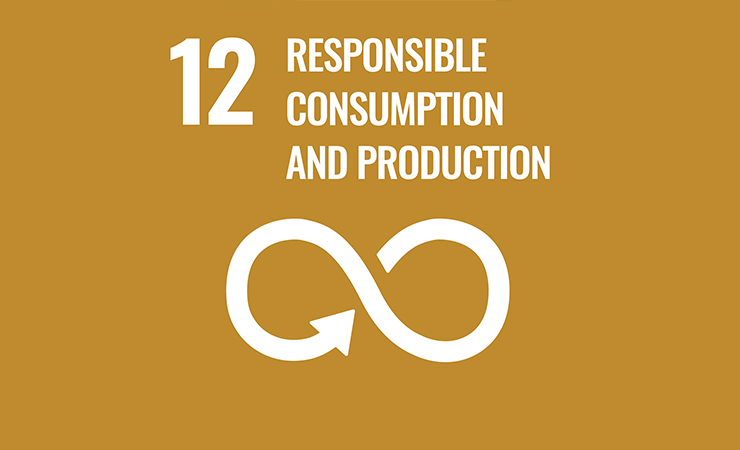- Beranda
- Profil
- Pendidikan
- Riset & Pengmas
- Unit Kerjasama
- Fasilitas & Umum
- Akses Cepat
12.2.1 Ethical sourcing policy
Have a policy on ethical sourcing of food and supplies
FTUI has a policy regarding ethical sourcing of food and supplies. FTUI conducted a Hygienic Test of the FTUI Canteen Food and Beverage Menu at the FKM UI Environmental Health Laboratory. In 2022, FTUI will select the FTUI Student Canteen menu by choosing a hygienic menu by carrying out Quality and Bacterial Tests based on the Regulation of the Minister of Health of the Republic of Indonesia number 1096/MENKES/PER/VI/2011 concerning Hygiene Sanitation Services and UI Chancellor’s Regulation number 057 of 2017 concerning Implementation of Safety, Occupational Health and Environmental (K3L) aspects in the University of Indonesia Canteen environment.
Evidence link:
12.2.3 Policy waste disposal – hazardous materials
Have a policy, process or practice on waste disposal – Covering hazardous materials
FTUI has a hazardous waste disposal policy. All hazardous and toxic waste (LB3) is collected at the LB3 FTUI Temporary Storage Place (TPS) and then transported by the Transporter to be processed by a licensed Processor. The hazardous waste disposal process is contained in the FTUI 2022 sustainability report (pages 58-60).
Evidence Link :
FTUI Sustainability Report 2022
12.2.4 Policy waste disposal – landfill policy
Have a policy on waste disposal – to measure the amount of waste sent to landfill and recycled
FTUI has a policy of processing inorganic waste which is then recycled by the Depok Waste Bank or recycling factory. The process of recycling inorganic waste is found in sustainability report 2022 FTUI (page 55-57).
Evidence Link :
FTUI Sustainability Report 2022
12.2.5 Policy for minimisation of plastic use
Have policies around use minimisation of plastic
FTUI committed to minimize the plastic waste in the faculty environment through the Rector Regulation No. 4 year 2019 about the Zero Plastic Program in the Environment of Universitas Indonesia. This program aims to minimize the use/utilization of products, goods or services that cause plastic waste.
Evidence Link :
UI Chancellor Regulation No. 4 of 2019
12.2.6 Policy for minimisation of disposable items
Have policies around use minimisation of disposable items
To minimize the use of single use items, FTUI has a policy regarding minimizing the use of single-use items which can be seen in FTUI’s 2022 sustainability report (page 48-49)
Evidence Link :
FTUI Sustainability Report 2022
12.2.7 Disposable policy: extensions to services
Ensuring these policies extend to outsourced services and the supply chain
Rector UI has issued a decree Number 4 Year 2019 on Zero Plastic Program
12.2.8 Minimisation policies extended to suppliers
Ensuring these policies extend to outsourced suppliers and the supply chain – (suppliers of equipment, stationary, building contracts).
Rector UI has issued a decree Number 4 Year 2019 on Zero Plastic Program
https://drive.google.com/file/d/1uyfIISzi-nAzgNK__NLQEGIuWre9HxQx/view?usp=sharing
12.3.1 Waste tracking
Measure the amount of waste generated and recycled across the university
–
12.3.2 Proportion of waste recycled
Amount of waste generated
The average amount of waste disposal at FTUI will be 10,197 kg/month in 2022
Amount of waste sent to landfill
Rata-rata jumlah pembuangan sampah FTUI yang dikirim ke TPA pada tahun 2022 adalah sekitar 10.197 kg/bulan.
12.4.1 Publication of a sustainability report
FTUI has published its annual sustainability report since 2016. The sustainability report published every year.
Evidence Link :

